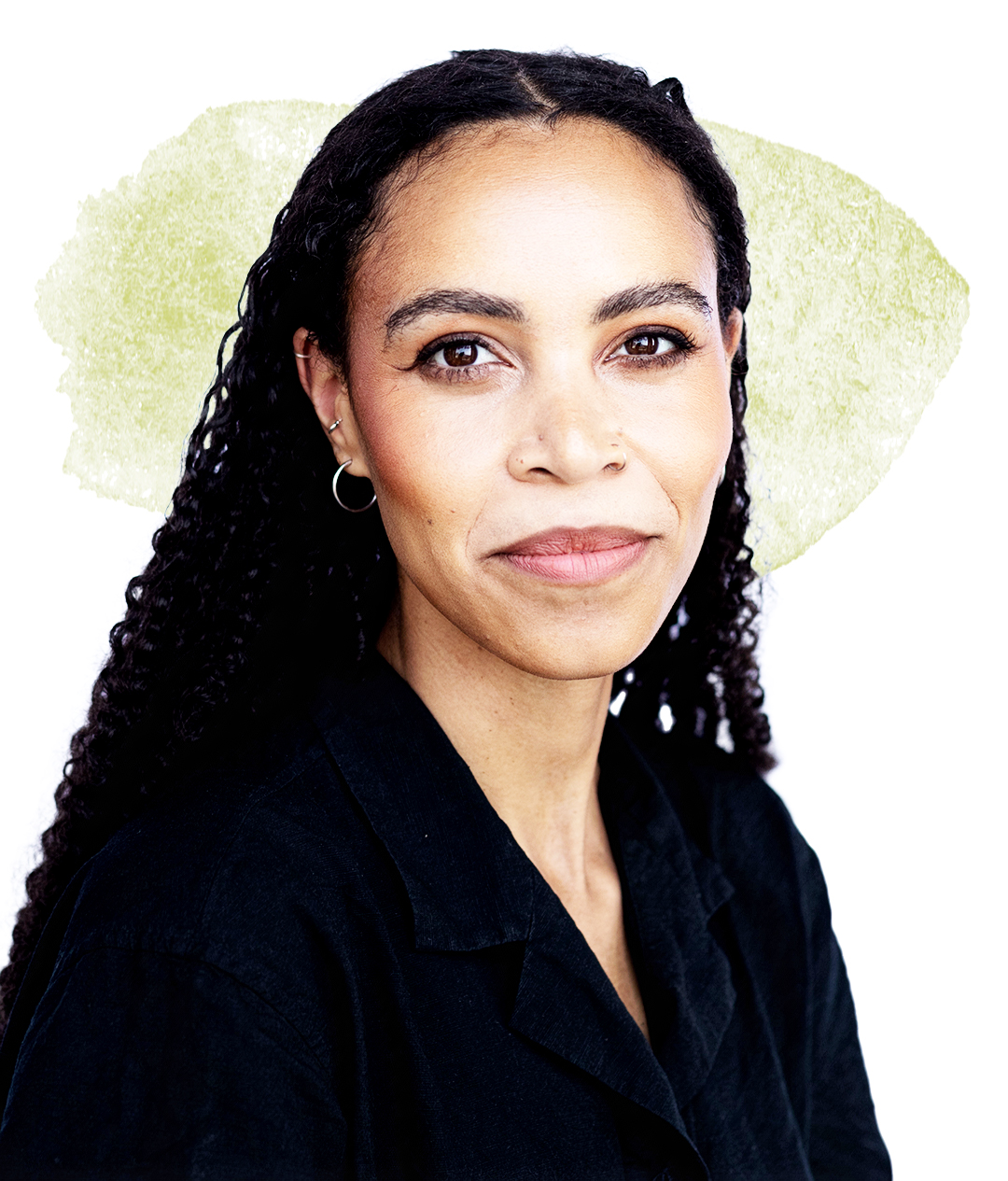Pelonomi Moiloa didn’t originally intend to work in AI. As a student at the University of Witwatersrand in South Africa in the early 2010s, she double-majored in biomedical engineering and electrical engineering because she was fascinated by artificial organs and limbs. But as she kept studying, she found that AI was playing an increasingly important role in biomedical engineering. She went on to earn a master’s degree in 2016 at Tohoku University in Japan, where she focused on the intersection of bioengineering and artificial intelligence.
Returning to South Africa, where AI jobs were hard to come by, Moiloa ended up working as a data scientist for a bank. But she never forgot her passion. At the Deep Learning Indaba in 2017, a conference that aimed to strengthen machine learning and artificial intelligence on the African continent, she met the others who would co-found LeLapa AI. The startup—whose name means home in the South African languages Sotho and Tswana—aims to improve the quality of life of Africans via AI. Moiloa, 30, serves as CEO.
The company’s first major project, Vulavula, uses AI to assist with natural language processing of African languages that are often neglected by other researchers—Zulu, Sotho, and Afrikaans are spoken by some 25 million people. These tools will assist companies that reach customers by call centers and text-based customer-service apps. Moiloa says the team would like to venture beyond just language-based AI and is considering developing products in robotics as well.
But for right now, the project Moiloa is most passionate about is training AI models to properly pronounce South African names. “African names get butchered quite badly, to the point of nonrecognition,” says Moiloa. “So that’s something I’m excited about because there’s such a big meaning behind names.”
At this foundational stage, Moiloa calls it essential that a diverse group of people are involved.
“Technology really has the capability to make life a little bit nicer for everyone. But if we don’t create it with that kind of intention, then the absolute opposite is true,” says Moiloa. “So it’s important for us as Africans to own that narrative and own what we want to write into our futures from a code perspective.”
- Caitlin Clark Is TIME's 2024 Athlete of the Year
- Where Trump 2.0 Will Differ From 1.0
- Is Intermittent Fasting Good or Bad for You?
- The 100 Must-Read Books of 2024
- Column: If Optimism Feels Ridiculous Now, Try Hope
- The Future of Climate Action Is Trade Policy
- FX’s Say Nothing Is the Must-Watch Political Thriller of 2024
- Merle Bombardieri Is Helping People Make the Baby Decision
